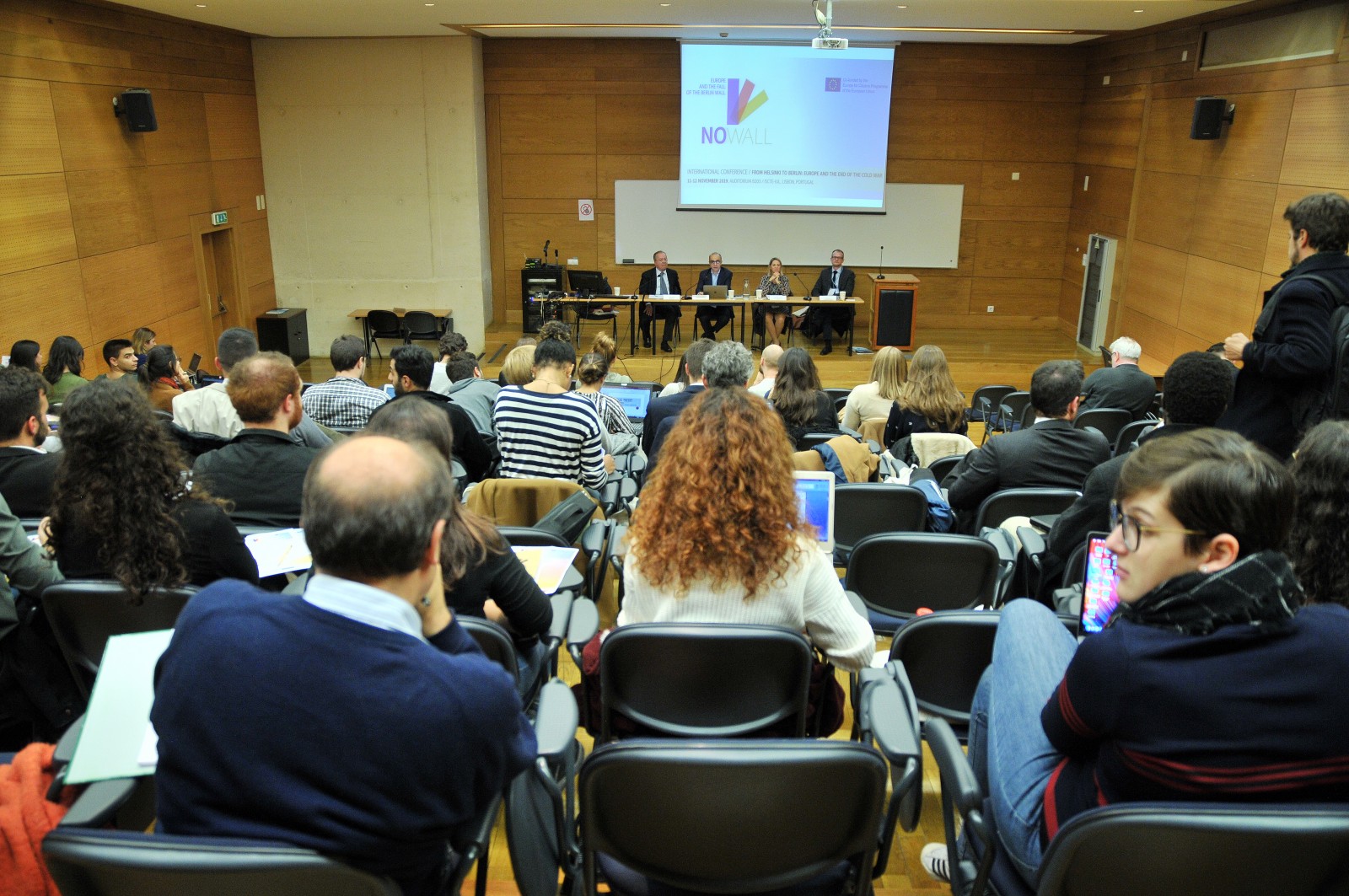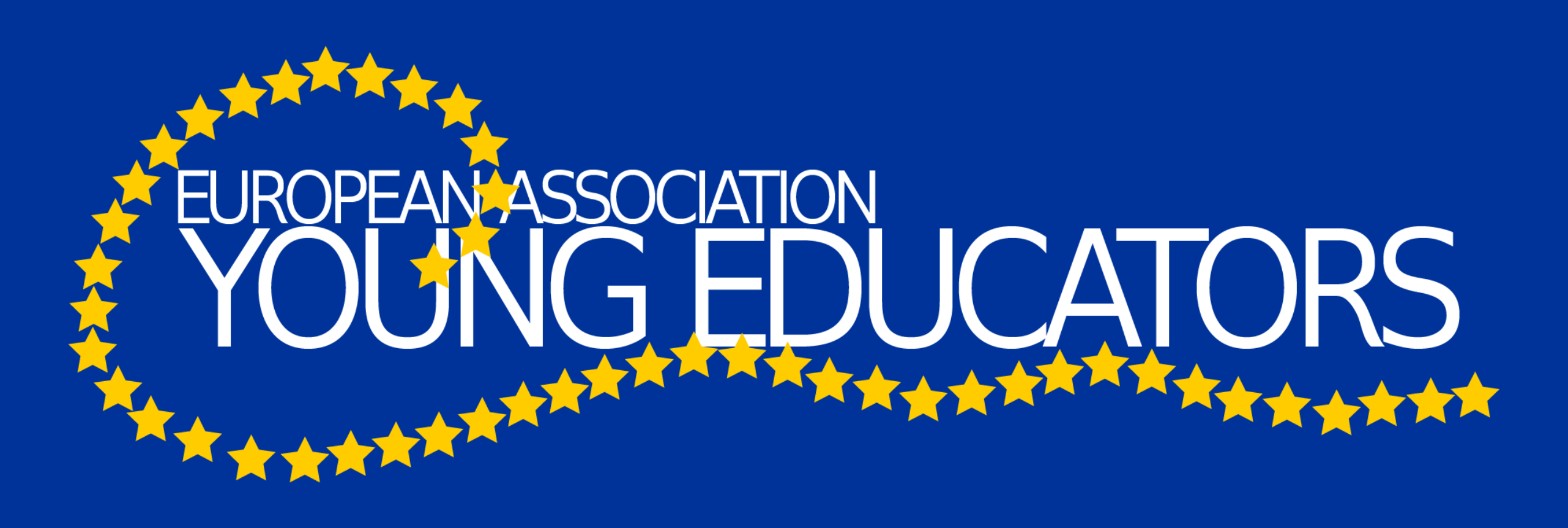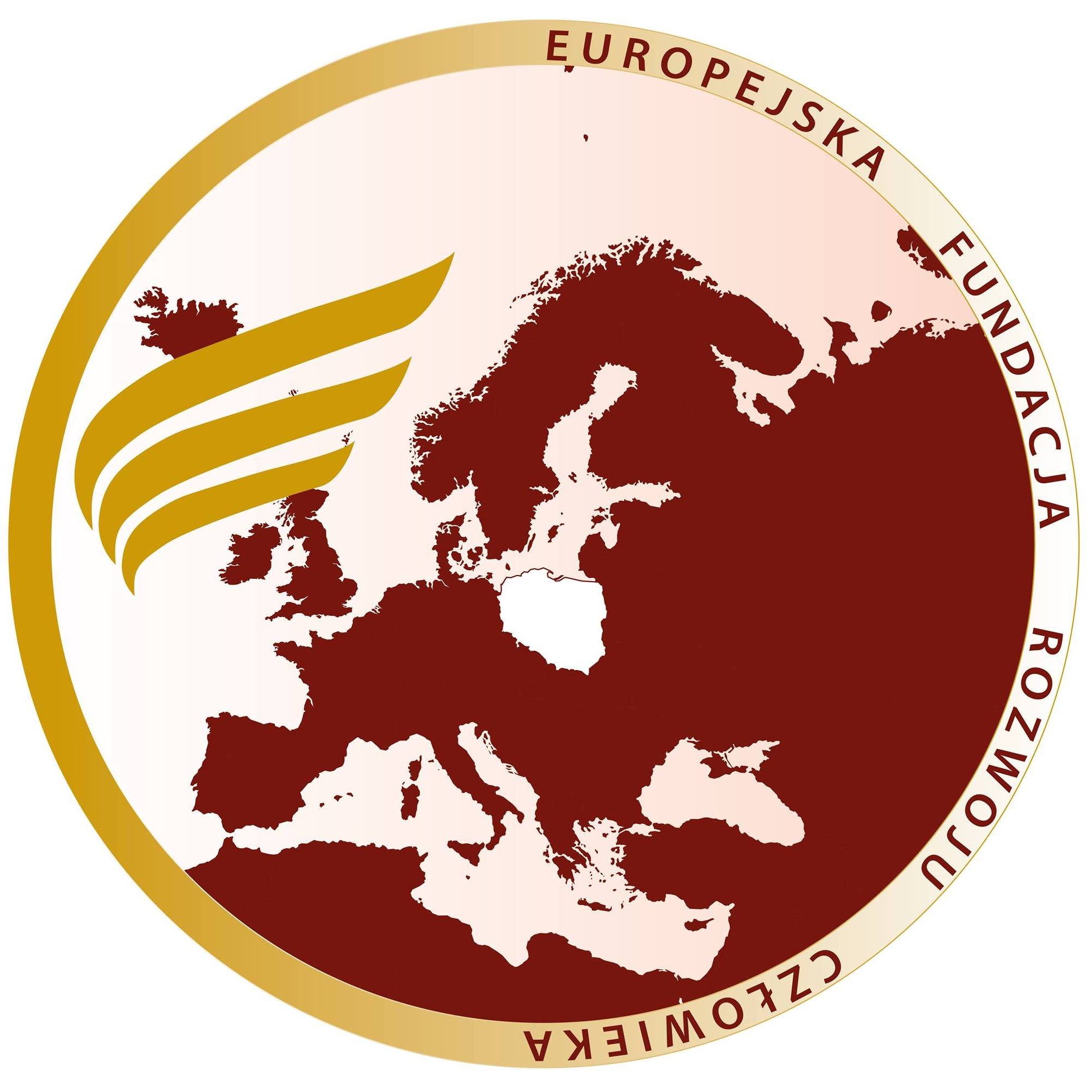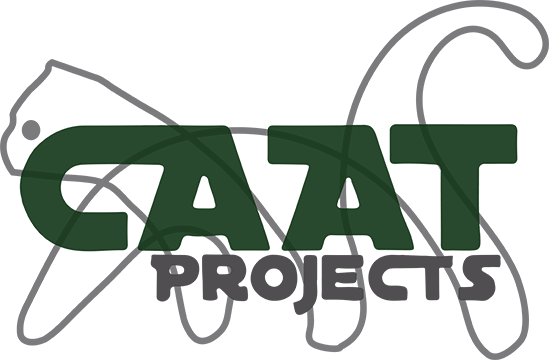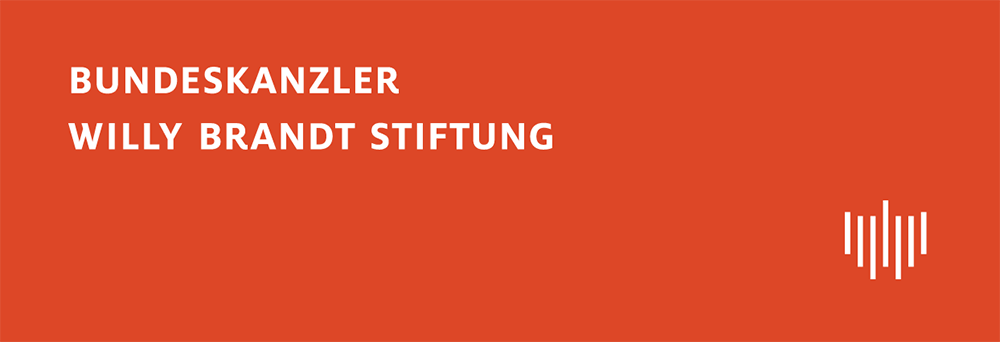From Helsinki to Berlin: Europe and the end of the Cold War
Traditional Cold War narratives tend to place the United States and the Soviet Union at the centre of the action and to assume that Europe was a relatively passive actor in the course of events. This project emphasizes the role of European actors in the final years of the Cold War and in the developments that culminated in the fall of the Berlin Wall. In this sense, it traces the origins of this role from the Helsinki summit in 1975 to the fall of Berlin Wall in 1989; emphasizing the European actors such as the EEC, political leaders, NGOs and youth and student’s activist groups in promoting political contacts, cultural exchanges and the dissemination of values such as freedom, democracy and human rights between the two sides of the Berlin Wall.
This common history of Western and Eastern Europe is intended to be celebrated and disseminated through the younger generations in a series of activities taking place in the countries involved in the project. Among these activities the great majority are non-formal education, destined to the youth, but the it also includes an academic conference, targeted for university students, and an exhibition, open to the general public. These activities, in which citizens from different target groups can participate, will be implemented through the cooperation of a number of partner institutions, coming from several participating countries. The institutions involved also represent different types of organizations: universities, NGOs, and private foundations.
The major outcomes of the project would be the promotion of a better understanding of European history and its diversity, a deeper knowledge of European values and, at the same time, to encourage democratic participation of youth citizens and explain to younger generations that, as in the past, the construction of the future depends largely on their participation and activism, through European institutional structures or through the agency of an informed and responsible citizenship.
The project “From Helsinki to Berlin: Europe and the Fall of the Berlin Wall” supported by the European Commission – European Solidarity Corps and the Europe for Citizens programmes, aims to contribute to a better understanding of the role of European actors in the fall of the Berlin Wall, especially youth and students’ movements and non-governmental organisations in the period between the Helsinki Conference (1975) and the end of the Cold War. By promoting debate, knowledge dissemination and non-formal education activities around that historical process we also aim to encourage informed and responsible civic participation in the national and European Institutions and in transnational non-governmental organisations. The project will promote academic conferences, debates, workshops, non-formal education activities with students, teachers, researchers and the wider public in Portugal, Germany, Finland and the Netherlands, involving partners from the academia and civil society, especially youth organisations.
This project is co-funded by the EU through the projects
2019-3-PT02-ESC11-006261
609439-CITIZ-1-2019-1-PT-CITIZ-REMEM

